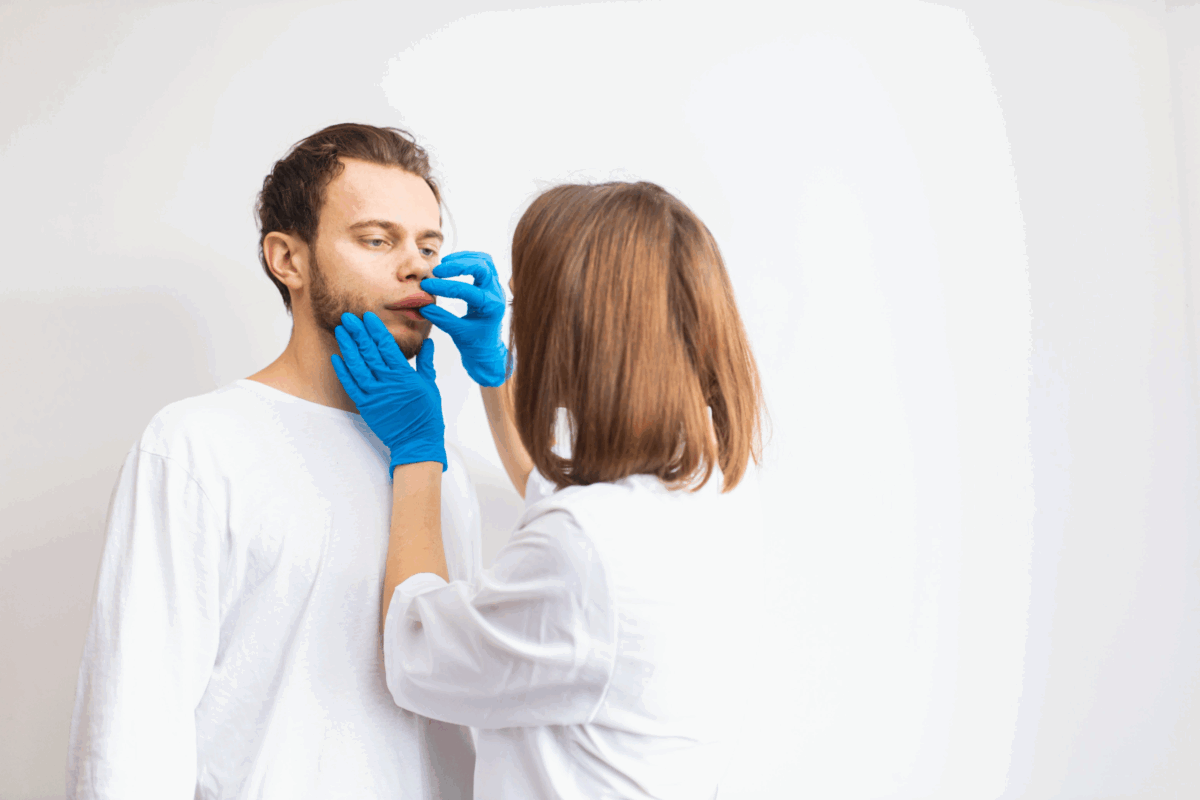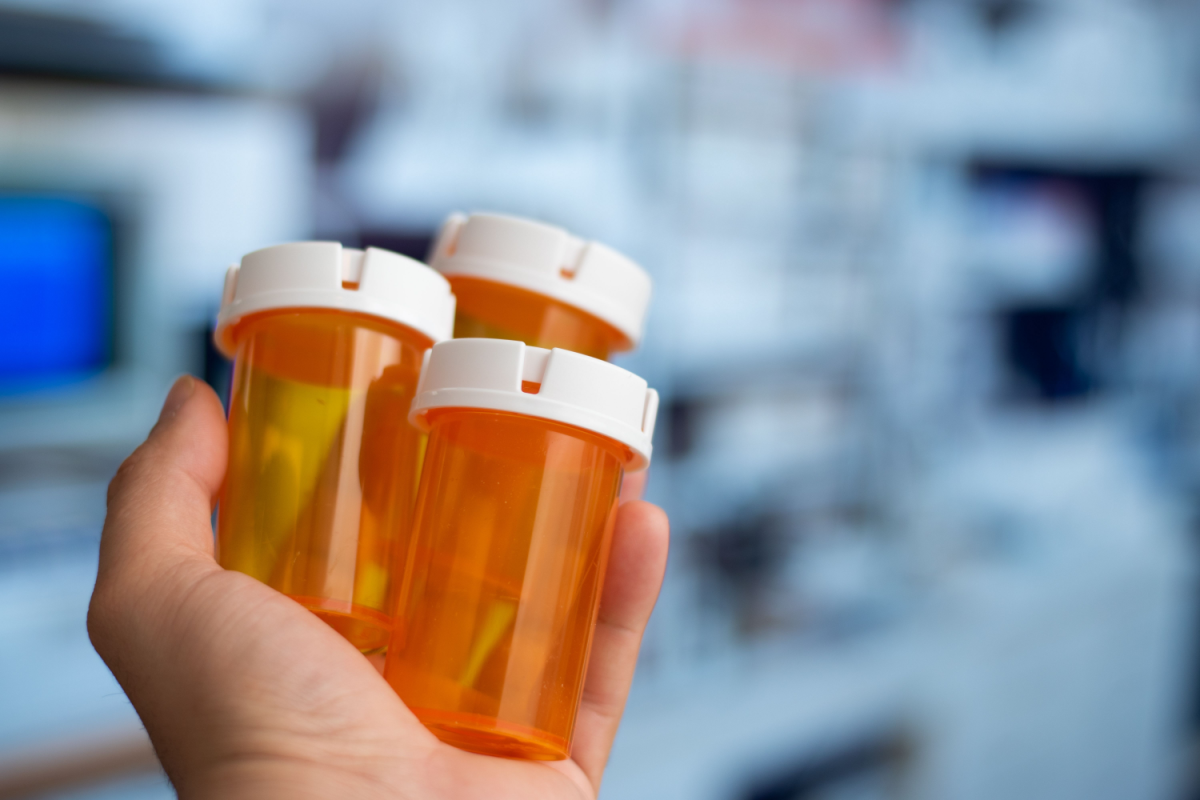The World Health Organization (WHO) has backed Novavax’s COVID-19 vaccine, Covovax (NVX-CoV2373), by granting it an emergency use listing (EUL).
The company is awaiting on authorization of its vaccine from regulatory health bodies around the world, including the US Food and Drug Administration (FDA) and Health Canada.
It has also applied for regulatory licensing in the UK, European Union (EU), Australia, Singapore, India, United Arab Emirates (UAE), New Zealand and Japan.
So far, Novavax’s Covovax has been authorized in Indonesia and the Philippines.
The EUL from the WHO means that Novavax and its manufacturing partner Serum Institute of India (SII) can begin delivering the vaccine to the COVAX facility program, a global initiative headed by Gavi, the vaccine alliance, as a co-partner, which provides vaccines to low-income countries.
The WHO said that as part of the COVAX facility portfolio, Covovax would provide a “much-needed boost to ongoing efforts to vaccinate more people in lower-income countries.”
Covovax is a recombinant protein-based vaccine and can be regarded as a more “traditional” vaccine as it isn’t genetic-based like mRNA or viral vector vaccines. Given some of the hesitancy around mRNA vaccines, Novavax’s vaccine could fill the gap for people who may prefer a non-mRNA vaccine, despite the latter continuing to be safe and effective after billions of doses of its administration.
Related: Novavax’s COVID-19 Vaccine is Over 90 Percent Effective Overall, Including Against Variants
“Even with new variants emerging, vaccines remain one of the most effective tools to protect people against serious illness and death from SARS-COV-2,” said Dr Mariângela Simão, WHO Assistant-Director General for Access to Medicines and Health Products in the statement from the global health agency. “This listing aims to increase access particularly in lower-income countries, 41 of which have still not been able to vaccinate 10 percent of their populations, while 98 countries have not reached 40 percent.”
Covovax is a protein subunit vaccine developed by Novavax and the Coalition for Epidemic Preparedness Innovations (CEPI). It contains Novavax’s Matrix-M adjuvant to enhance the immune response. The vaccine is given in a two-dose series, with a gap of 21 days between doses. It is stable at 2 to 8 °C refrigerated temperatures, making it easier to store and ship using conventional cold chain supply chains.
The vaccine is targeted against the spike protein on the SARS-CoV-2 virus that causes COVID-19.
Novavax suffered a setback with its FDA filing for Covovax after the agency flagged the company over manufacturing issues of the vaccine.
WHO EULs are based on assessment of the quality, safety and efficacy of vaccines. The EUL for Covovax was based on safety and efficacy data from a large-scale Phase III study conducted in the US and Mexico during the first half of 2021. The vaccine demonstrated an overall efficacy of 90.4 percent and reduced the risk of progression to moderate-to-severe COVID by 100 precent. The full study results were published last week in the New England Journal of Medicine (NEJM).
Gavi secured 1.1 billion doses of the Novavax shot for COVAX back in February. Novavax has said it should be able to manufacture 2 billion doses per year beginning in 2022.
Most of the COVID-19 vaccines distributed to low- and middle-income countries thus far have been provided by AstraZeneca through its partnerships with SII and manufacturers in China.












Join or login to leave a comment
JOIN LOGIN